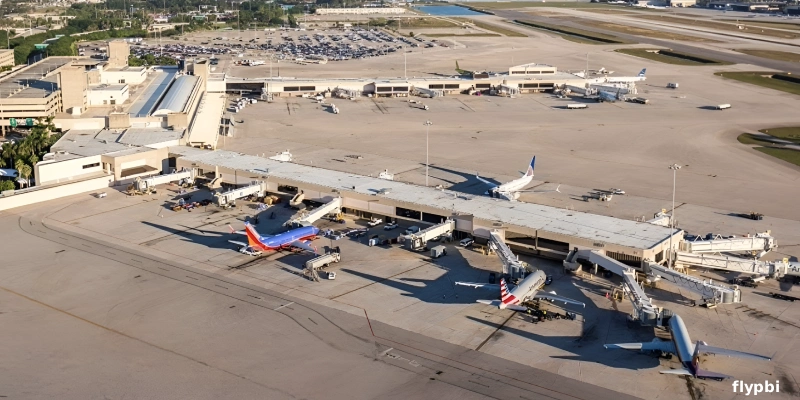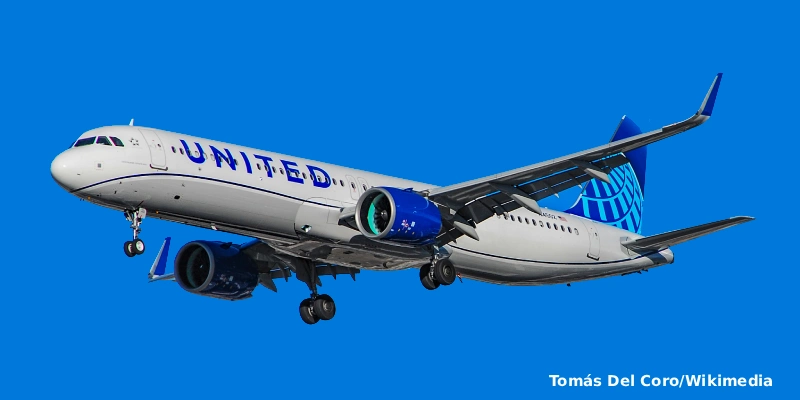Colombian airline Wingo was authorized to connect directly three Argentine cities with international destinations without the need to go through Buenos Aires, according to a provision published in Boletín Oficial.
A New Framework for Air Connectivity
The Open Skies policy, promoted by the National Government, aims to encourage private investment in the aviation sector, make the market more transparent, and increase competitiveness without relying on state subsidies. According to the Secretariat of Transportation, this strategy is celebrated both nationally and internationally for its benefits in terms of connectivity and accessibility.
The authorization granted to Wingo will enable direct flights from the Argentine cities of Córdoba, Mendoza, and Rosario to various Colombian cities such as Medellín, Cali, Cartagena, Barranquilla, San Andrés, Pereira, and Bucaramanga, as well as to Panama. The airline already had permission to operate flights from Ministro Pistarini International Airport in Ezeiza, in the province of Buenos Aires.
→ Argentina modernizes its aeronautical regulations
Based in Bogotá and part of Copa Holdings, Wingo operates a fleet of nine Boeing 737-800 aircraft. Since its launch in December 2016, it has gained recognition as a low-cost airline offering affordable travel options for passengers. This authorization of international routes promises to increase travel options for Argentines, strengthening regional air competitiveness.
The head of Transportation, Franco Mogetta, emphasized on his X account (formerly Twitter): “We are creating better air transport options for all Argentines in an increasingly free market.”
Bilateral Agreements and International Expansion
Wingo’s announcement aligns with Argentina’s broader strategy to expand its international relations in the aviation sector. The country has already signed bilateral agreements with thirteen nations, including Brazil, Chile, Peru, Ecuador, Canada, Panama, Uruguay, Paraguay, Mexico, Rwanda, the Dominican Republic, Ethiopia, and Qatar. These agreements aim to establish a robust and competitive air network, benefiting both passengers and operators.
Related Topics
Winter Storm Paralyzes U.S. East Coast: Over 5,300 Flights Cancelled
Florida Approves Bill to Rename Palm Beach Airport in Honor of Donald Trump
Report Criticizes FAA Oversight of United Airlines’ Maintenance Practices
Spirit Airlines Under Pressure: Between Chapter 11 and Systemic Operational Failures

Plataforma Informativa de Aviación Comercial con 13 años de trayectoria.




